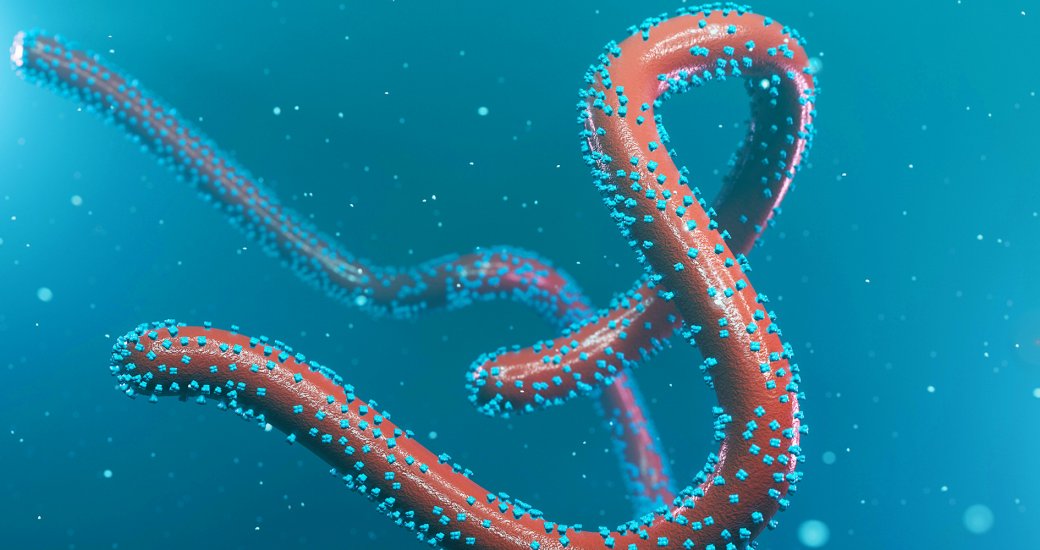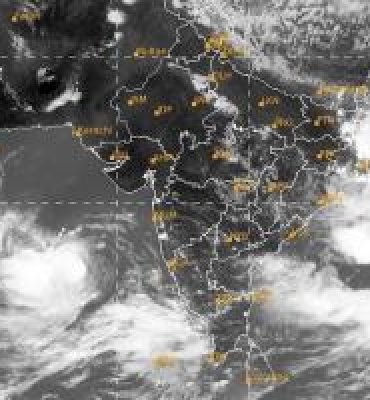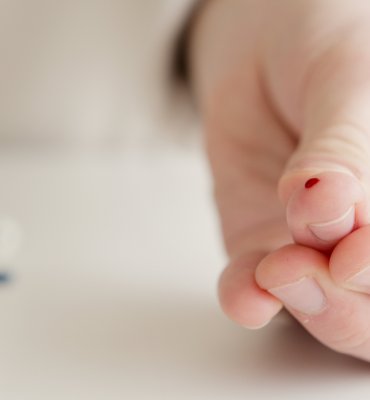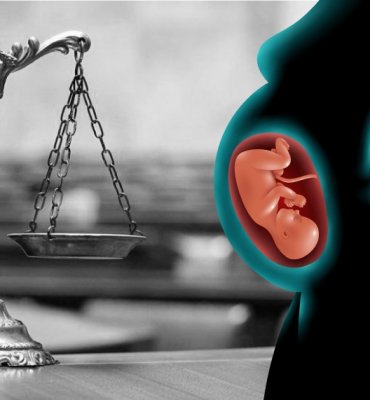
An unknown hemorrhagic fever was reported in the Kie-Ntem province of the Central African nation, where more than 200 people have been confined and are only permitted restricted travel.
Guinea. According to WHO, the virus has already killed nine individuals.
Equatorial Guinea has received over 16 reports of suspected Marburg virus cases, with symptoms including fever, fatigue, blood-stained vomit, and diarrhea. It belongs to the same family of viruses as Ebola, causes similar symptoms, transmits between humans in the same way, and like Ebola, has a very high fatality ratio.
According to the WHO, the Marburg virus disease (MVD) is a serious illness that results in hemorrhagic fever. Two significant Marburg disease outbreaks happened concurrently in Frankfurt, Germany, and Belgrade, Serbia, in 1967. The sickness was linked to an African green monkey imported by Uganda. (Cercopithecus aethiops).
Long-term exposure to mines or caves where Rousettus bat colonies are present causes Marburg virus disease. According to the WHO, if a person contracts the virus, it can spread from person to person through direct contact, such as touching broken skin or mucous membranes, or through contact with blood, secretions, organs, or other bodily fluids. Surface materials that have been affected by these fluids can potentially spread it.
WHAT ARE THE MARBURG DISEASE SYMPTOMS?
An infected person will experience severe headaches, high fevers, and malaise (discomfort). Aches and pains in the muscles are often observed.
Vomiting, cramps, abdominal pain, and diarrhea on the third day of infection are additional symptoms. According to the WHO, patients at this stage have "ghost-like" drawn features, deep-set eyes, expressionless faces, and profound lethargy.
By seven days, many patients even experience severe hemorrhagic symptoms, and fatal cases frequently involve widespread bleeding. The central nervous system's participation could lead to confusion.
VACCINE FOR MARBURG DISEASE
Unfortunately, there has not yet been an approved vaccination for the Marburg virus. The first phase of clinical research for experimental vaccinations has just begun.
DOES MARBURG DISEASE HAVE A TREATMENT?
It could be challenging to identify between various infectious disorders and Marburg virus disease (MVD). Rehydrating with oral or intravenous fluids is one aspect of supportive care used in treatment. Nevertheless, there isn't currently a confirmed cure in existence. Potential treatments including blood products, immune therapies, and drug therapies are currently being evaluated.










